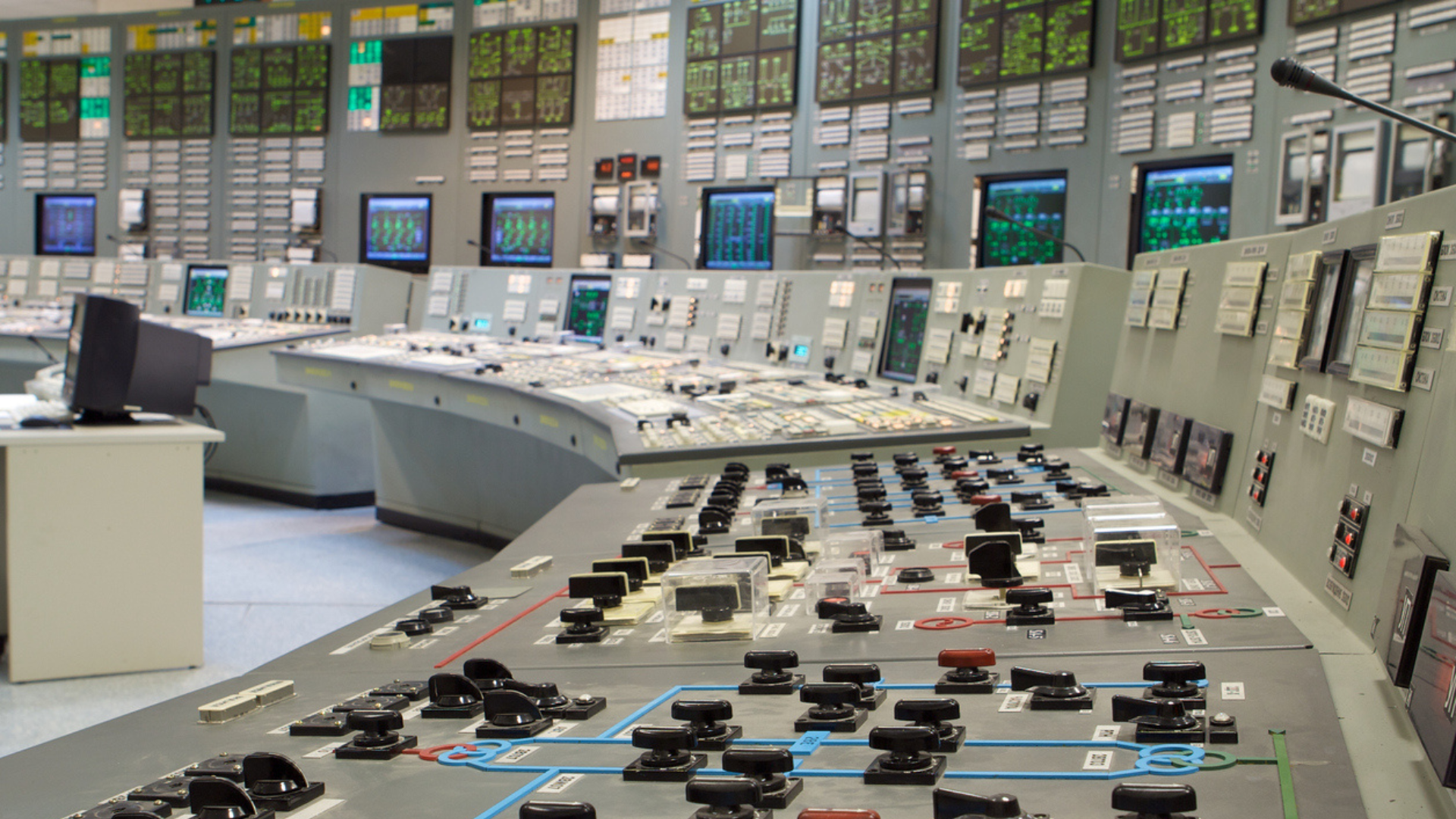Customer: One South Wacker
Price Volatility on the Horizon:
Over the last several years, JLL decision-makers at One South Wacker, a well-known Class A office tower in central Chicago, had done what many commercial property management firms do when it comes to energy: they waited for their current contract to near expiration before renewing.
This strategy worked well in the late 2010s and very early 2020s when electricity and natural gas prices, helped immensely first by the fracking boom and warm winters, and then by reduced energy demand caused by COVID-19, settled into long-term, predictable lows, eventually bottoming out in the summer of 2020. Put another way, buying energy wasn’t “strategic,” because the cost of energy was predictably low.
But things were about to change.
Foreseeing that these historic lows would not last, Transparent Energy began warning its customers – including many REITs and commercial property management firms – and prospects throughout 2019 and 2020 to lock in low prices for as long as possible and prepare for an inevitable rise in energy prices. Specifically, at One South Wacker, a 40-story, 1.2 million square foot skyscraper, electricity costs had not historically been a major concern, because rates had remained low for a number of years, and management’s approach of pursuing a new electricity contract near the expiration of the current contract had always worked well.
The impact
15 suppliers competed for the customer’s business
28% savings realized as a result of TE’s proven process
By the numbers
> $ 0.05/kWh contracted, 24-month term
$ 350,000 saved over the term
But Transparent Energy got the team, including Miguel Lulli, General Manager, thinking differently, planting the seed that One South Wacker could save more through a competitive process pitting multiple energy suppliers against each other. Transparent Energy also got building management thinking about going out to market more proactively, taking advantage of market lows that the energy-procurement specialist felt would no longer be available if One South Wacker waited for its current contract to expire.
Timing the Market:
One South Wacker had “sole sourced” its then current electricity contract directly with an energy supplier, and that contract was due to expire on March 31, 2022. Getting in front of the opportunity, Transparent Energy brought One South Wacker’s energy load to market in July 2021 – a full nine-months before contract expiration – marketing the building’s annual load of more than 11.5 million kWh to a robust competitive field, ultimately 15 suppliers in all! Then, through a sealed-bid process that tested various term lengths for a fixed-price product – providing One South Wacker “price discovery” available nowhere else in the market – building management was able to select the best term to meet its budgetary and risk-management goals, ultimately a 24-month contract at less than $0.05/kWh.
If One South Wacker had waited until February 2022 to sign its next contract, as had been its prior operating habit, it would have paid 28% more for energy, a whopping $175,000 annually, or $350,000 over the term. And, if building management had waited until March 2022, the month of contract expiration, those costs would have nearly doubled!
One South Wacker benefited greatly from this process, acknowledging that Transparent Energy did a great job of looking out for its best interests while getting the team to think differently about energy. Transparent Energy brought a fresh perspective, reminding management that energy prices can be very volatile and that by being proactive one can effectively time the market. As a result, One South Wacker did time the market, avoiding hundreds of thousands of dollars in extra cost because of it.
Transparent Energy’s process for bringing clients to market, and executing effectively once there, is an excellent model for property management firms in general, and JLL properties in particular. Simply put, Transparent Energy is a strategic ally in the energy procurement process, and its expertise is needed more today – and in the foreseeable future – than ever before.



